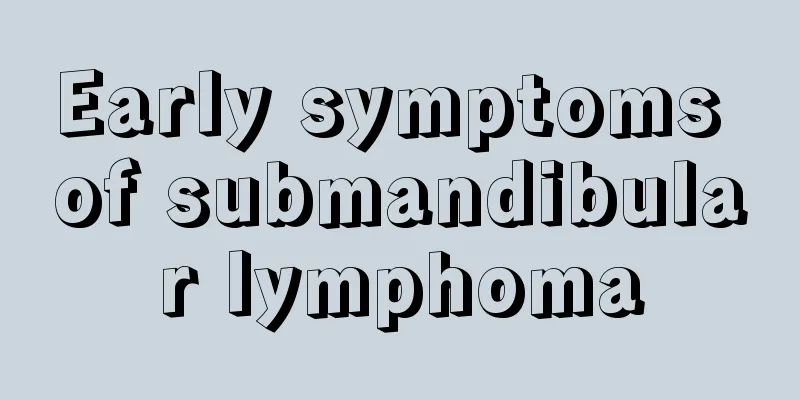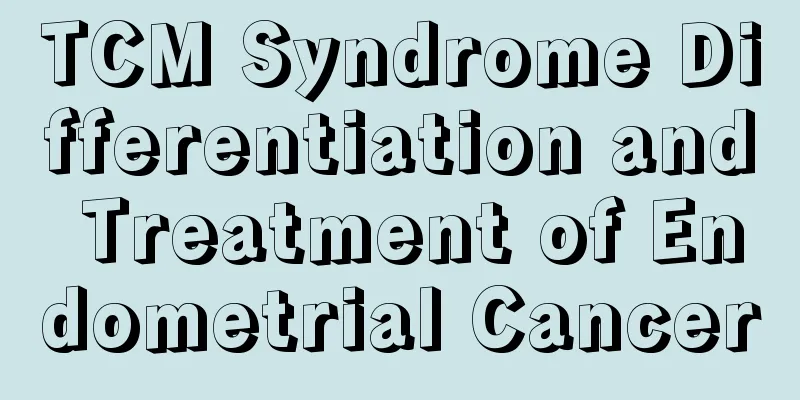What are the side effects of interventional embolization surgery?

|
With the rapid development of medical technology, more and more treatment methods are being used in clinical practice. Interventional therapy is a popular treatment for cancer in recent years. In fact, interventional embolization is simply a minimally invasive surgical therapy that not only relieves the patient's pain, but also leaves a relatively small wound and allows for a relatively quick recovery after surgery. However, the side effects of interventional embolization are very large. Interventional embolization is the process of injecting an embolic agent to block the blood vessels that supply nutrients to the tumor. This achieves the effect of starving tumor cells to death. The trauma of intervention is relatively small, but some side effects are relatively large. During the period, Chinese medicine can be used in combination to control tumors and reduce side effects. Side effects of interventional treatment Fever: Fever after interventional surgery is mainly caused by ischemic necrosis absorption of tumor tissue or secondary infection. The body temperature is generally not very high, and most patients maintain it at around 38°C. Generally, there will be no discomfort and no special treatment is needed. Advising the patient to drink more hot water will relieve the symptoms. Damage to organ function: Embolization therapy has a certain destructive effect on normal human functional tissues and cells. The functional enzyme system may increase transiently, usually reaching a peak within 1-5 days after the end of treatment, and can return to the pre-treatment level or reach normal within 1-3 weeks. Therefore, most scholars advocate that tumor patients undergoing interventional treatment should be given routine treatment with the Chinese medicine monomer RG3 and albumin supplementation should be given according to the situation. Gastrointestinal reactions: mainly due to drug-induced toxic and side effects caused by anti-tumor drugs, in addition to the embolic effect of embolic agents and the reflux of embolic agents into the blood supply arteries of the stomach and duodenum. The main manifestations are nausea, vomiting, abdominal pain and other reactions immediately after surgery. Delayed reactions include diffuse gastritis, stress ulcers and gastrointestinal bleeding. For acute phase reactions, active and effective preventive antiemetic drugs need to be used before treatment, and attention should be paid to the fact that different types of patients require drug selection based on different reasons. 6 Abdominal distension and pain: Abdominal distension and pain after interventional treatment are mainly caused by embolism and necrosis of tumor tissue, surrounding edema, enlargement of the liver, and pulling of the liver capsule. This pain reaction does not last long, generally lasting about 3-10 days. As the tumor tissue undergoes ischemia and necrosis, its volume decreases, and the edema zone around the tumor tissue disappears, the pain will gradually subside. In terms of treatment, pain assessment can be carried out based on the patient's main complaint of pain, and corresponding analgesics can be given for symptomatic treatment. |
<<: How many types of facial masks are there
>>: What are the symptoms of a leg embolism?
Recommend
What happens if you wear underwear that is too tight?
It is normal for women to wear underwear, which c...
Can testicular cancer be cured in the mid-term?
Testicular cancer is a very serious disease for m...
Causes of constipation in late stage lung cancer
Lung cancer patients have recently reported a pro...
How to achieve the prevention effect of bladder cancer
Bladder cancer is very common in life. Frequent h...
The harm of smog
Car exhaust, factory waste gas, outdoor barbecues...
What is the reason for acne on the nose
Many people have acne on the wings of their nose....
How to get rid of cockroaches most effectively
Everyone wants to have a clean and tidy home, but...
Several major causes of tongue cancer
Do you know the major causes of tongue cancer? Th...
What is the most effective way to cure localized prostate cancer?
Radical prostatectomy is the most effective metho...
What is the reason for sticky stool
Normally when we defecate, we will habitually obs...
Can women with kidney cancer have children?
It is usually not recommended for female kidney c...
What kind of exercise can be done to treat intestinal cancer
Although the incidence of rectal cancer is gettin...
Who are the high-risk groups for prostate cancer?
Prostate cancer is one of the diseases with a hig...
What are the two types of bone marrow?
Bone marrow is an indispensable substance in the ...
Every time I have a bowel movement, my anus fissures and bleeds. Is there any dietary therapy?
Some friends experience blood in their stools and...









